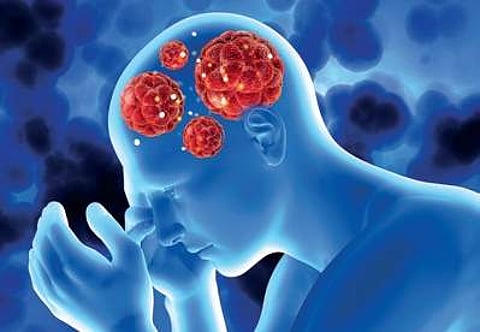

NEW DELHI: Nanoplastics interact with a particular protein naturally found in the brain creating changes linked to Parkinson's disease and some types of dementia, a study has found.
The research, published in the journal Science Advances, paves the way for a new area of investigation, fuelled by the timely impact of environmental factors on human biology.
"Parkinson's disease has been called the fastest growing neurological disorder in the world," said principal investigator, Andrew West, a professor at Duke University School of Medicine, US.
"Numerous lines of data suggest environmental factors might play a prominent role in Parkinson's disease, but such factors have for the most part not been identified," West said.
Improperly disposed plastics have been shown to break into very small pieces and accumulate in water and food supplies, and were found in the blood of most adults in a recent study.
"Our study suggests that the emergence of micro and nanoplastics in the environment might represent a new toxin challenge with respect to Parkinson's disease risk and progression," West said.
"This is especially concerning given the predicted increase in concentrations of these contaminants in our water and food supplies," the researcher added.
ALSO READ | Fighting and winning Parkinson's
The team found that nanoparticles of the plastic polystyrene -- typically found in single use items such as disposable drinking cups and cutlery -- attract the accumulation of the protein known as alpha-synuclein.
The study's most surprising findings are the tight bonds formed between the plastic and the protein within the area of the neuron where these accumulations are congregating, the lysosome.
Researchers said the plastic-protein accumulations happened across three different models performed in the study - in test tubes, cultured neurons, and mouse models of Parkinson's disease.
West said questions remain about how such interactions might be happening within humans and whether the type of plastic might play a role.
"While microplastic and nanoplastic contaminants are being closely evaluated for their potential impact in cancer and autoimmune diseases, the striking nature of the interactions we could observe in our models suggest a need for evaluating increasing nanoplastic contaminants on Parkinson's disease and dementia risk and progression," West added.